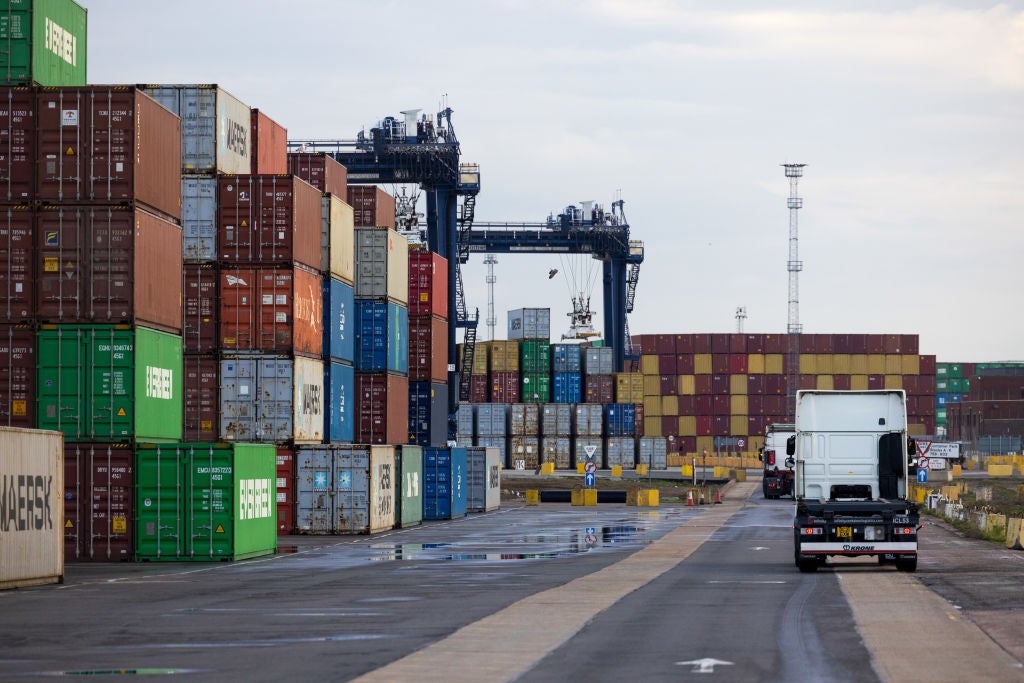
The 14 partner countries – Australia, Brunei, Fiji, India, Indonesia, Japan, Republic of Korea, Malaysia, New Zealand, Philippines, Singapore, Thailand, United States and Vietnam – which together represent 40% of the world GDP, announced the substantial conclusion of negotiations of a “first-of-its kind” international IPEG Supply Chain Agreement at a ministerial meeting in Detroit, Michigan on 27 May.
The proposed agreement is aimed at increasing the resilience, efficiency, productivity, sustainability, transparency, diversification, security, fairness, and inclusivity of supply chains through both collaborative activities and individual actions taken by each IPEF partner.
Under the proposed IPEF Supply Chain Agreement, the partner countries seek to:
- provide a framework to build their collective understanding of significant supply chain risks, supported by each partner’s identification and monitoring of its own critical sectors and key goods;
- improve crisis coordination and response to supply chain disruptions and work together to support the timely delivery of affected goods during a crisis;
- ensure that workers and the businesses, especially micro-, small-, and medium-sized enterprises, in the economies of IPEF partners, benefit where possible, collectively;
- better prepare businesses in the economies of the IPEF partners to identify, manage, and resolve supply chain bottlenecks, including by strengthening supply chain logistics and infrastructure;
- facilitate cooperation, mobilise investments, and promote regulatory transparency in sectors and goods critical to national security, public health and safety, or the prevention of significant or widespread economic disruptions;
- respect, promote, and realise, in good faith, labour rights in IPEF partners’ supply chains, in recognition of the essential role of workers in achieving greater supply chain resilience;
- ensure the availability of a sufficient number of skilled workers in critical sectors and key goods, including by upskilling and reskilling workers, promoting inclusivity and equal access, and increasing comparability of skills credentials frameworks;
- identify opportunities for technical assistance and capacity building in strengthening IPEF partners’ supply chains; and
- respect market principles, minimise market distortions, including unnecessary restrictions and impediments to trade, and protect business confidential information.
In support of these efforts, the proposed IPEF Supply Chain Agreement contemplates the establishment of three new IPEF supply chain bodies to facilitate cooperation on supply chain issues.
Additionally, each of the partner countries affirmed their commitment across all pillars including trade, supply chains, clean economy and fair economy; excluding India which opted out of Pillar I (trade).

US Tariffs are shifting - will you react or anticipate?
Don’t let policy changes catch you off guard. Stay proactive with real-time data and expert analysis.
By GlobalData


